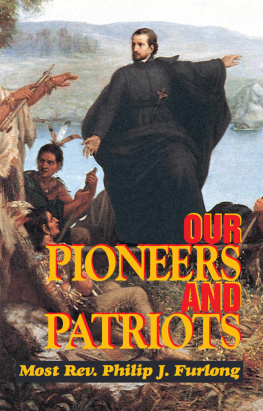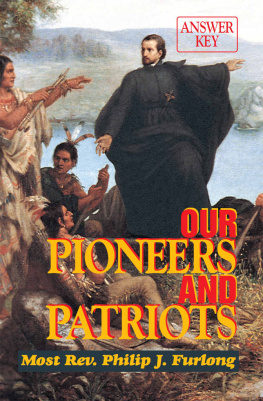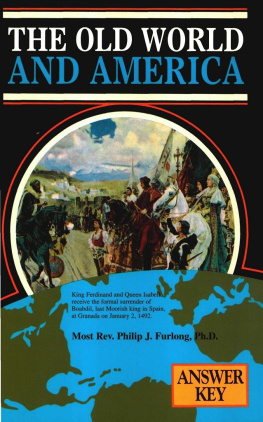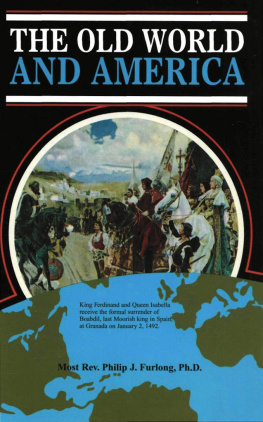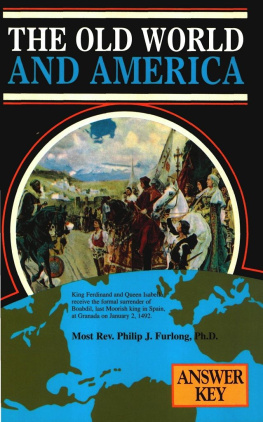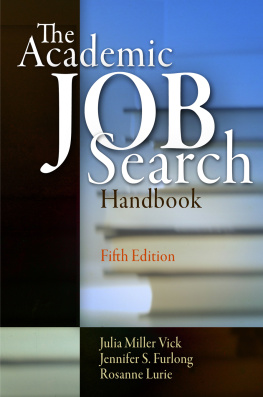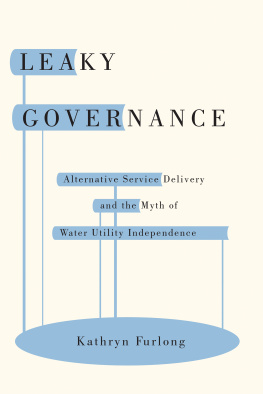| Note: | Images of the original pages are available through Internet Archive. See https://archive.org/details/fiftyyearsadetec00furl |
Transcriber's Note:
The Table of Contents is located at the .
Copyright, 1912, by Thomas Furlong.
FIFTY YEARS A DETECTIVE
BY
THOMAS FURLONG
Late Chief of the Secret Service of the Missouri Pacific Rail
way, known as the Gould System; the Allegheny
Valley Railway of Pennsylvania,
and first Chief of Police of
Oil City, Pa.
35 REAL DETECTIVE STORIES
Hitherto unpublished facts connected with some of Mr. Fur
long's greatest casesOther interesting incidents of his
long and strenuous career which really began on
September 14, 1862, when he was detailed
from his company, (Co. G., 1st Penn
sylvania Rifles, better known
as the Pennsylvania Buck
tails)for special
service.
ILLUSTRATED
For sale by all reputable newsdealers, or can
be obtained by addressing
C. E. BARNETT, Chemical Building,
St. Louis, Mo.
Post Office Box 575 Price , $1.50
THOMAS FURLONG
THOMAS FURLONG.
PREFACE.
This book was not published for the purpose of displaying any literary ability I may possess, as I have never aspired to win fame by the wielding of a pen. Within its pages, however, I have attempted, in my own way and in my own manner, to make clear to the reader the inside or hitherto unpublished facts about some of the big cases I have handled during the fifty years I have made the prevention of crime and the tracking and punishment of criminals my profession. How well I have succeeded, I will leave it to the reader to judge.
I am today, I believe, the oldest detective, in point of continuous service, in this or any other country. During my long career I have handled many important cases, of which the reading public knows nothing about, for the reason that the men, or corporations, by whom I was employed, did not hire me for the purpose of furnishing newspapers with the material with which to amuse or entertain their readers. Within these pages I tell how the work was done, and how the clues were found and put together. On the other hand, many cases referred to in this book have received much newspaper publicity, but in these articles the writers were not permitted to tell all the inside factshow the work was really accomplished. These facts are made public for the first time.
In a few instances I have changed, or veiled, the names of the culprits about whom the articles were written. For doing this I do not propose to apologize, however. These men are alive today and are leading upright lives. They have paid the penalty demanded by the law and society, and I cannot see where it would do any good to again publish their early digressions to the world. I have no disposition to willfully malign any one, and names are only used in cases in which the facts are supported by documents in the archives of the courts of this country, Canada and Mexico, the scenes of my greatest activity.
In selecting material for this book I have only used cases which were out of the ordinary, or in the unraveling of which some original or unique detective work was done. No attempt has been made to enlarge on the facts at hand. The book is just a simple narration of real detective work done on real cases handled by meno attempt having been made to color them as an experienced writer would do, or is done to the work or the deductions of the phantom detectives by the writers of fiction.
Hoping that the book will serve the purpose for which it is issued I am,
Yours truly,
THOS. FURLONG.
SIDE-LIGHTS ON THE BUSINESS.
ELEMENTS NECESSARY TO MAKE A GOOD DETECTIVE.
HONESTY AND TENACITY VALUABLE ASSETS.
THE PROFESSION HAS ITS PARASITES.
All professions have their parasites and crooks. Among the lawyers you will find men who will commit a felony for a few paltry dollars to clear a client of a charge of petty larcenyproviding he does not think there is a chance of his being caught.
Among the doctors you will find men (and they have diplomas with larger red seals on them than has the commission of the President of the United States) who make a specialty of committing illegal operations, and doing other things that are not considered either lawful or ethical.
Among bankers you will find men who every day violate both the laws of the state and the governmenthigh finance, they call it.
The general public, however, knows and freely admits there are honest, upright, truthful lawyers, doctors and bankers, and highly honor each of these professions.
But the aforesaid general public is not so charitable to detectives. The pettifogging lawyers and irresponsible penny liners of the press have educated it up to believing that all detectives are thieves, thugs and black guards, just because there are some men in the business who make the peddling of family secrets and the working up of evidence in divorce cases a specialty. I could never quite understand why this state of affairs should be true, for I know many men of as good moral character and just as honest and upright in the detective business as I have found in any of the other professions.
Detectives are born, not madethat is the successful onesjust as are the successful lawyers or doctors or mechanics or merchants. Education does not always make a man a success in his chosen profession or calling. Unless he really possesses the peculiar make-up, or fitness, for what he chooses to make his life work, he will never reach the top round of the ladder of fame. Education, however, will help develop these necessary qualities, but that is all.
In addition to all these qualifications there are others which the detective must possess.
He must be scrupulously honest at all times, with himself and with those with whom he has dealings.
He must be sober, truthful and reliable, and, in addition, at all times and under all circumstances, a gentleman.
Tenacity and nerve are other valuable assets. A lazy man, or a coward, has no business in the ranks. And he must at all times be firm.
To my mind, a real detective should possess all the elements within his general make-up, which would be necessary to make him a success at any of the leading professions. He should possess the keen perceptive abilities of a trained or successful journalist, be able to read between the lines, as it were, or recognize the value of a clue, as the journalist does the value of a bit of news. He must be well posted on the law, especially that part pertaining to criminals. He must have the foresight and judgment of the successful merchant or tradesman. He must be sympathetic and just to the same degree as is the beloved pastor of a large congregation. And he must be an actor, one of the versatile kind of actors, who can play any kind of a part or assume any character without month's of rehearsing. He should at all times act natural, even while assuming a character, for if he overdoes the part he assumes, it is more than likely to attract unusual attention to him, which a real detective should avoid at all times.
Remember another thing: All crimes, nine hundred and ninety-nine out of every thousand, have a motive. True, these motives are often veiled and are not discernable at a mere glance. You must be a good diagnostician to handle these veiled casesto diagnose them, as it were, as a learned physician diagnoses his case when called to the bedside of a very sick patientfind the cause. When you have found the motive for a crime, the balance of the work is usually easy.




